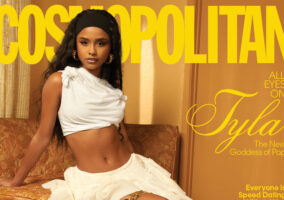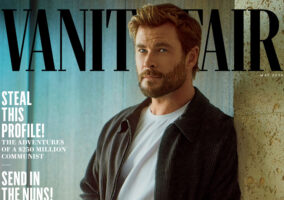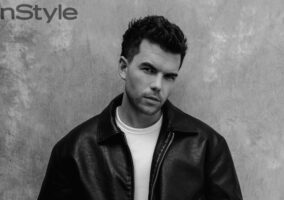Mr Porter‘s weekly style guide “The Journal” features “Tenet” actor John David Washington photographed by Dominic Miller and styled by Otter Jezamin Hatchett.
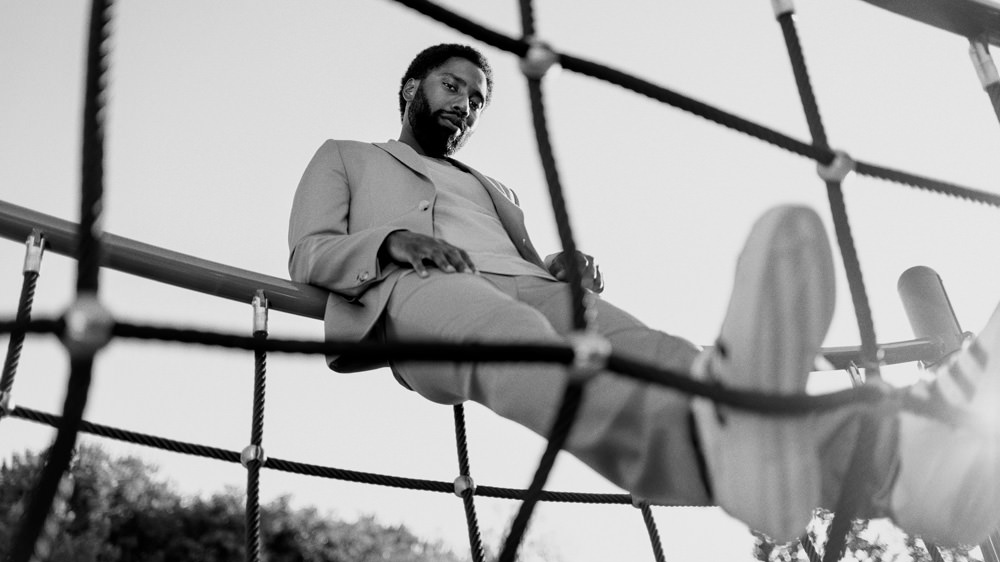

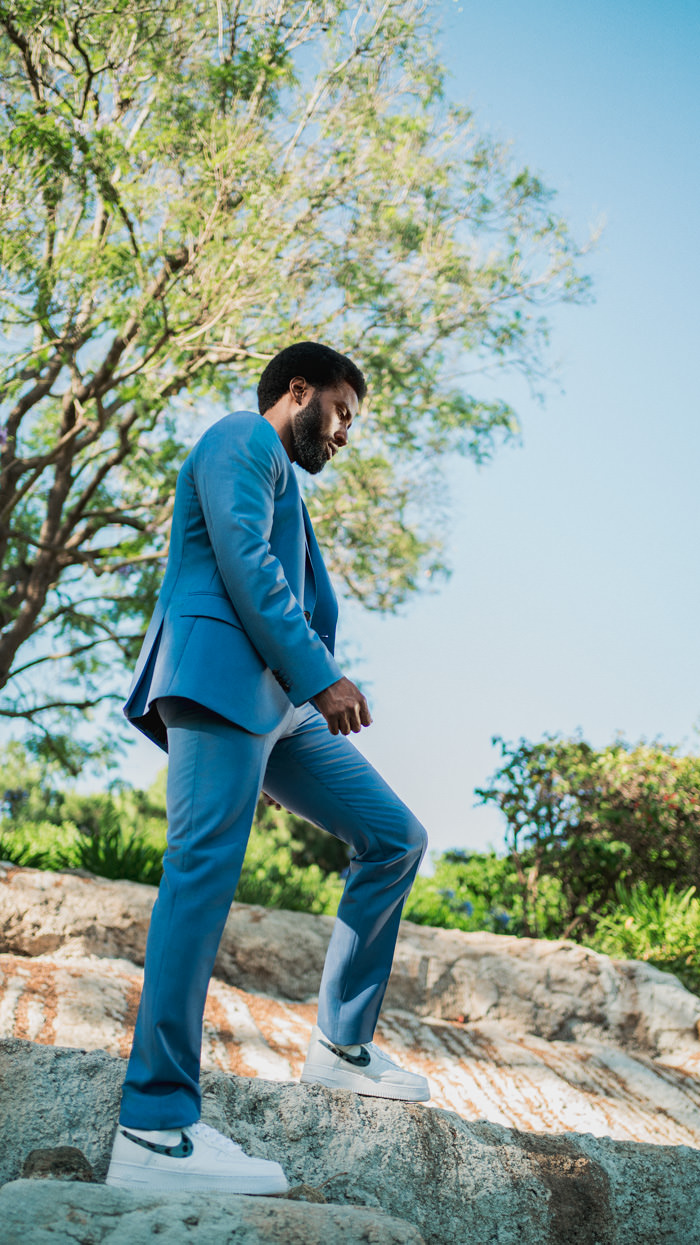
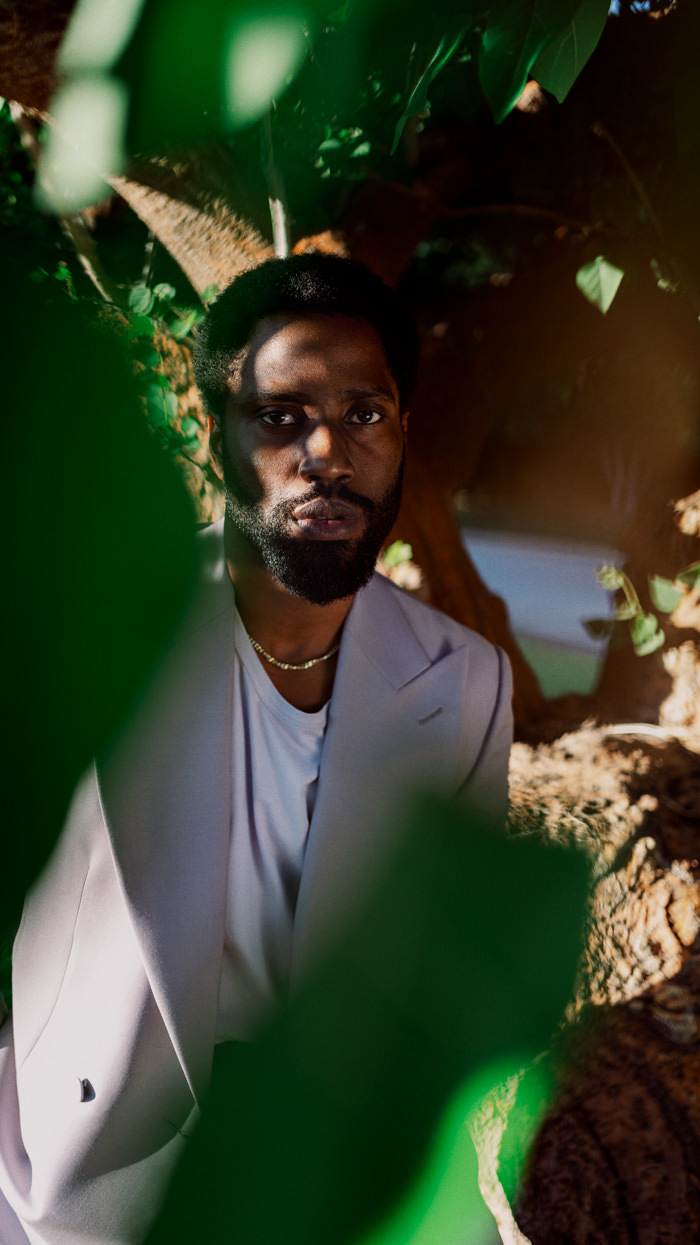
On quarantining with his parents, Mr Denzel and Ms Pauletta Washington: “I’ve been loving it. My folks are good housemates. They’re fun. I actually feel like the parent sometimes.”
On the Tenet release being postponed numerous times: “I mean, I’m human. I put everything into this film. You think it’s going to happen and they keep pushing it back. That can be disheartening. But it’s like your child. You want to send it to the best school, even if you have to wait a semester.”
On his Tenet character: “A man of great integrity, a man I admire, a man who is ready to give his life for the people he is fighting with.”
On the galvanizing impact of his father’s, Mr Denzel Washington, 1989 film Glory: “The brotherhood for one. And we see Robert Gould Shaw ripping up his pay cheque in solidarity. He saw how wrong their treatment was. He saw their human qualities. As a six-year-old going to a private school, surrounded by people who looked like Robert Gould Shaw, there was great medicine in that film. Not everybody is what you think. There are some people who will see the human in me, the good in me, the person that I am. I just loved that. And I loved my father’s performance.”
On turning away from acting as a teen: “I was related to Denzel Washington. I saw how people changed when they found out who my father was. I used to lie, saying he was a construction worker or in jail, just to have some sense of normalcy. I felt like there was no way people would take me seriously, even if I was good. They would always judge me. So I hid who my father was. I guess I was protecting myself.”
His father’s lifelong advice to work extremely hard: “It doesn’t even guarantee you will make it, but if you don’t, you can almost guarantee that you won’t.”
On the kind of star he wants to be and how we wants to use his platform: “That’s the kind of impact I would love to have. This kid sees an African-American man in a movie, he’s not looking at colour, he’s looking at what inspires him. There’s so much medicine in these films. Hopefully my work will speak for itself. Like the early De Niros and Leonardo DiCaprios, their work speaks for itself. That’s how I’d like to live.”
On the issue of racism in the US: “People been tired. People been exhausted. I never put it to the side.”
On what he learned from joining ride-alongs in real-life police patrols for his role in Monsters and Men: “I realised I was racial profiling. I was reacting to how I and people I know have been treated by police. If it happened to me on several occasions, they must all be like that. When I got examples of officers who are actually doing good in the community, it taught me not to generalise.”
On dealing with racism from football players on his own team: “I looked at it as an opportunity to help. Because this is learnt behaviour. You don’t know the backstory. Maybe they were beat up when they were little, bullied by somebody who looks like me. They develop this hatred. So here they are having to work with somebody they have been taught to hate and they start seeing the human quality of a person.”
On the Black Lives Matter protests: “As an African American, what gives me hope about where we are going is the amount of people that don’t look like me on the front lines. I think they do actually have an understanding, a real understanding of what the problems are, the systemic issues. And they’re paying attention. I’ve got friends that don’t look like me in New York who have marched and are risking their safety. Not because it’s cool, not because they feel guilty. Because they are enraged. Because they feel like they’ve got to do something if they want real change for people that look like me. This is a war of attrition. But with these new optics, it [feels] like having an injection of electrolytes. That is extremely encouraging. I asked my folks [and] people who lived through the 1970s, was it ever like this? Was it this diverse? A lot of the answers were no. And that makes me very hopeful.”
[Photo Credit: Dominic Miller/mrporter.com]
WERQ From Home: Cardi B in Kim Shui Next Post:
Canada’s Drag Race: Star Sixty-Nine
Please review our Community Guidelines before posting a comment. Thank you!

